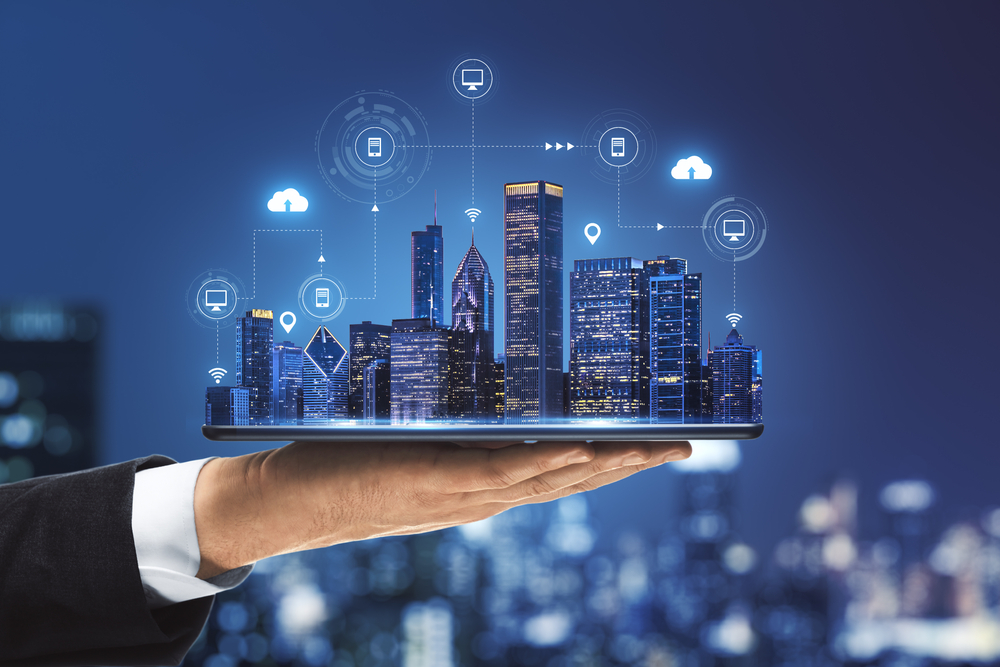
Artificial Intelligence (AI) is becoming essential for sustainable urban planning. Cities are using AI to enhance efficiency, improve public services, and lessen environmental impacts. This article looks at AI’s role in urban design promoting sustainable urbanism across the globe.
AI in Energy Management
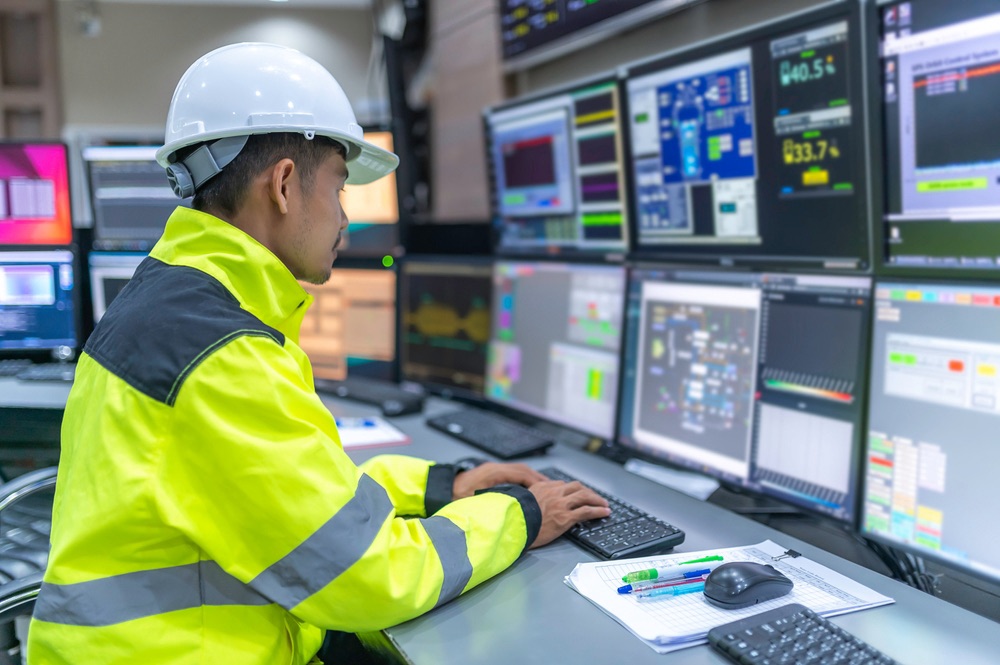
In Amsterdam, smart grid systems use AI to balance electricity supply and demand. These systems analyze energy use patterns and blend in renewable energy sources. This makes the energy supply more stable and cuts down on carbon emissions, leading to a more sustainable energy system.
In New York City, AI-driven predictive analytics optimize building energy rules. AI examines data from many buildings to pinpoint which should get retrofits, maximizing energy savings. Some case studies in NYC have shown substantial energy savings with these systems.
AI in Transportation Systems
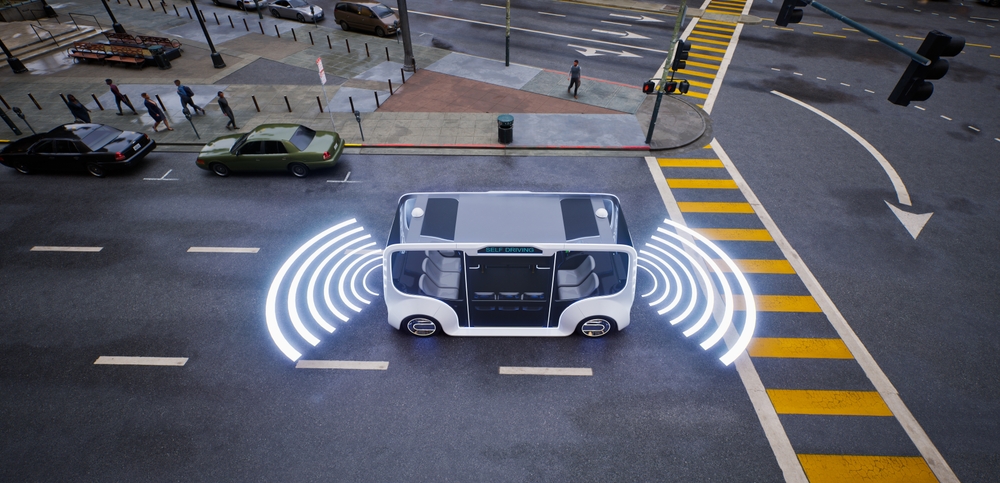
Singapore tests autonomous electric buses that use AI for navigation and safety. These buses reduce traffic and pollution, offering cleaner air and more effective public transit. AI manages bus routes and schedules, adapting to real-time traffic data to boost public transport efficiency.
In Pittsburgh, AI controls city traffic lights. It adjusts green light times based on current traffic, improving flow and lowering emissions. This AI approach not only smooths traffic but also cuts vehicle emissions, cleaning the urban atmosphere.
AI in Waste Management
In Beijing, AI aids in sorting and managing recycling. Cameras and sensors sort waste more accurately than humans, enhancing recycling efficiency. This tech streamlines the recycling process, encouraging residents to recycle more.
AI for Water Conservation
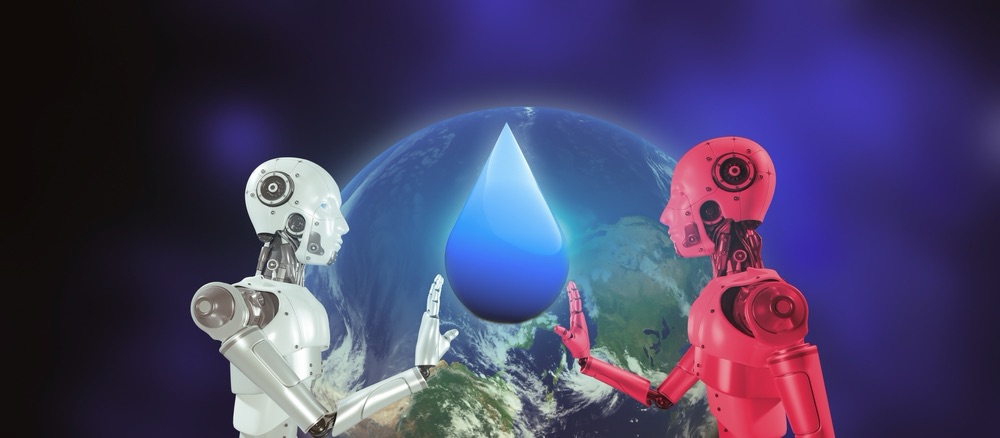
Barcelona uses AI to monitor its water network. AI algorithms detect leaks and anomalies, quickly addressing issues to reduce water loss and conserve resources. This is crucial for sustainable urban planning.
AI in Urban Planning
The Virtual Singapore project is a dynamic 3D city model that integrates geospatial and real-time data through AI. It lets planners simulate and analyze potential policy impacts on traffic, crowds, and energy use before implementation.
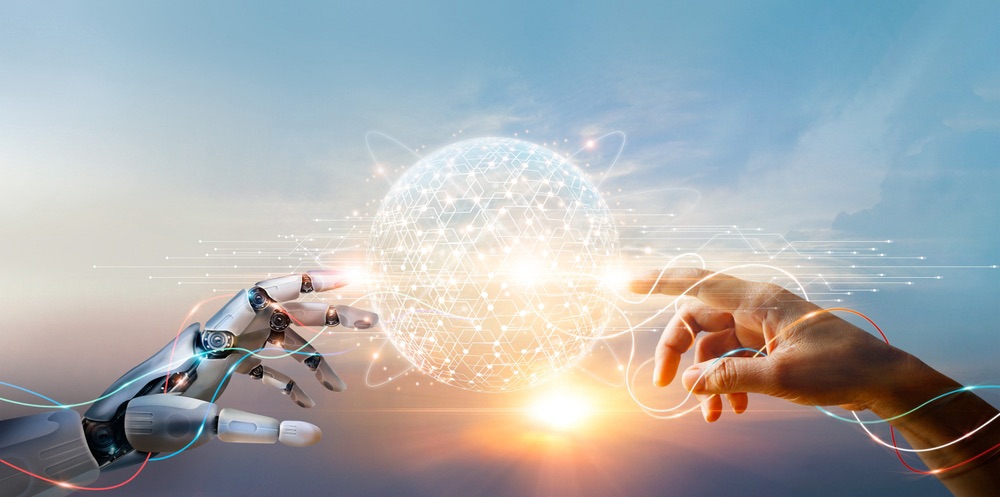
AI is transforming cities into smarter and more environmentally friendly places. It optimizes energy use, improves traffic systems, boosts waste management, and enhances water conservation. As more cities adopt AI, the benefits for the environment grow, leading to more resilient and sustainable urban areas. This proactive use of AI not only tackles current challenges but also preps cities for future demands sustainably.

